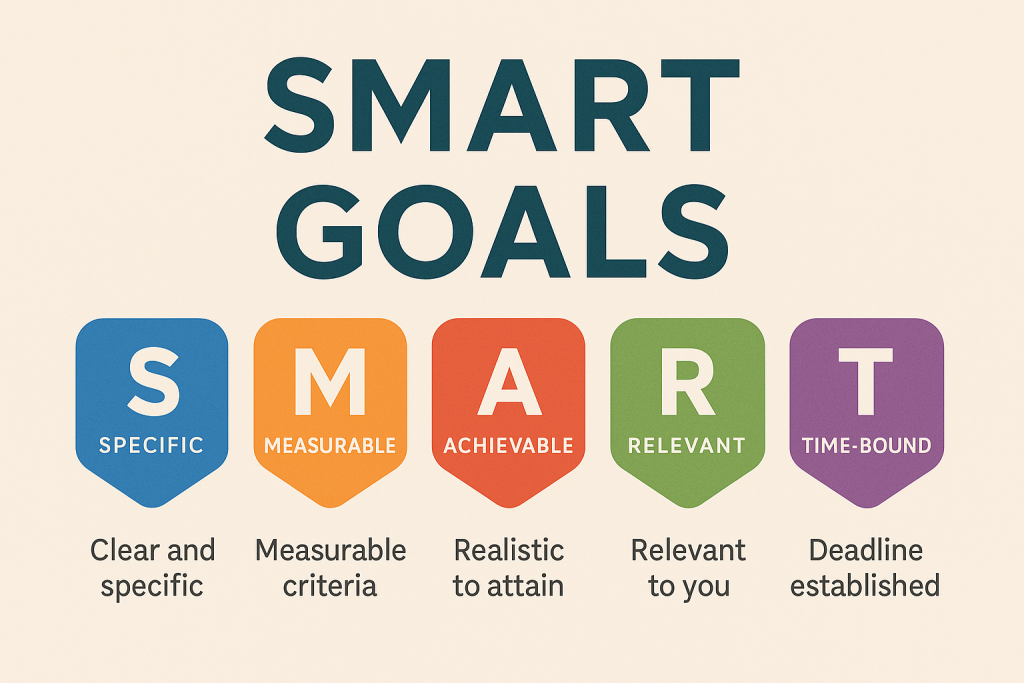You were supposed to be working on that paper, but you spent three hours scrolling through TikTok instead. You are not the only one. 95% of teens use social media, and almost half are online all the time. The TikTok generation has to deal with unique problems when it comes to balancing productivity and digital distractions. The good news is that knowing why you put things off can help you stop doing it. We’ve also collected useful, tried-and-true tips from experts and students who have successfully dealt with these problems.
Why Gen Z Has Trouble With Digital Distractions
It’s hard to resist apps like TikTok, Instagram Reels, and YouTube Shorts because they give you quick hits of dopamine. Researchers say that these short videos train our brains to expect instant satisfaction, which makes it even harder to stay focused on things like studying. According to Pew Research, almost half of teens admit to being online “almost constantly.” This constant connectivity can shrink attention spans and fuel procrastination habits.
The Psychology of Why You Put Things Off
Psychologists explain procrastination as a cycle fueled by immediate rewards from digital distractions. Avoiding tasks temporarily reduces stress, but ultimately increases anxiety and guilt. This vicious cycle makes it harder to focus when it counts. Dr. Liza Meredith emphasizes, “Digital distractions hijack the brain’s reward system, making tasks like homework seem dull by comparison.” Additionally, perfectionism and fear of failure often contribute significantly to procrastination. When tasks feel overwhelming, it’s easier to turn to easy distractions than to face the anxiety of starting something challenging. Dr. Tim Pychyl, a leading expert on procrastination, explains, “We procrastinate when we don’t regulate our emotions properly, opting for short-term mood repair at the expense of long-term goals.” (Source)
How digital distractions hurt schoolwork
Studies show that too much screen time can have a big effect on how well students do in school. A study found that students who use social media for three or more hours every day tend to do much worse on tests than those who don’t use it as much. Too much time spent in front of a screen can also lead to shorter attention spans, worse memory, and less productivity. Also, doing multiple things at once, like checking social media while studying, has been shown to hurt cognitive function, which makes learning less effective overall. Knowing how these things affect you can help you make better choices. How to Manage Your Time Well
1. The Pomodoro Method
Do your work in short bursts of time (usually 25 minutes), then take a short break. Setting a timer for your study sessions can help you focus and get more done.
2. Putting habits on top of each other
Add new productive habits to things you already do. For instance, always look at your planner while you’re eating your after-school snack. Another example is going over your class notes for ten minutes right after you brush your teeth at night.
3. A light digital detox
Set aside tech-free times on a regular basis. Taking short breaks from your devices can help you focus better and feel better mentally. Start with small amounts of time without technology, like half an hour every day, and then slowly add more time.
4. Use technology to fight technology
You can use productivity apps, timers, and digital calendars to keep track of your tasks. Use apps like Notion, Todoist, or Google Calendar to make study sessions more efficient and keep track of your progress. Using extensions like StayFocusd or Freedom to block websites that are distracting while you study can also help you get a lot more done.
5. Pomodoro “Animedoro”
Make your breaks more fun by doing things you enjoy. Work hard for 40 minutes, then take a 20-minute break to watch anime or an episode. This will keep you motivated. This method helps you stay focused by giving you breaks to look forward to.
6. Make SMART Goals
Set your goals so that they are clear, measurable, doable, important, and have a deadline. Setting clear, structured goals can help you feel less anxious about starting tasks and give you a sense of accomplishment as you reach each one.

7. Set up a place to study.
A specific, quiet place to study helps your brain get used to going into “study mode” on its own. Keep this area clean, comfortable, and free of things that might distract you, like your phone or TV.
Success Stories in Real Life
- Lauren Sussman, a college student, saw significant improvement in her grades and mental clarity by deleting social media apps during exams. Her experiment demonstrated how limiting distractions can lead to higher academic performance and lower stress.
- Another student shared in The Washington Post how a year-long social media detox drastically improved her mental health and social interactions. This long-term break helped her rediscover real-world connections and boosted her overall happiness and productivity.
- Some students embrace strategic procrastination – planning focused, tech-free sprints right before deadlines, using urgency as motivation. They find that recognizing and structuring their tendency to procrastinate can actually improve their performance by creating manageable stress levels.
How to Keep Yourself Going
Celebrate Little Victories: Every task you finish, no matter how small, should be recognized. This encourages good behavior and keeps things going. Give yourself a reward for reaching productivity goals. After finishing important tasks, doing something you enjoy, like eating a favorite snack or doing a favorite activity, can help you keep up good study habits. Use Positive Reinforcement: Instead of thinking about what you haven’t done, think about what you have done each day.
Getting Your Balance
Being digitally native doesn’t mean you have to give in to all the distractions. The key is to be moderate, pay attention, and make small, planned changes. Try these methods out, be patient, and enjoy each small win. You will soon be able to use your phone as a powerful tool for getting things done instead of a source of distraction. Don’t forget that it takes time and effort to stop putting things off. This week, try using only one or two of these strategies. Look at how they affect things and make changes as needed. As time goes on, you’ll become more productive, less stressed, and truly happier.
